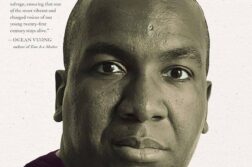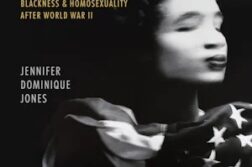MARK DOTY is a poet and memoirist of considerable range and power. His earliest books demonstrate a passion for natural landscapes and candid acknowledgements of gay male love and his own relationships. With the HIV-related death of his partner, Wally Roberts, in 1994, Doty’s poems and nonfiction continued and extended these themes to include a more politically charged edge (such as in his masterpiece, “Homo Will Not Inherit”). His association with Provincetown, where he lived for many years, shows up in both his poetry and prose writings. His well-known love of dogs is immortalized in his memoir Dog Years. To date he has published twelve volumes of poetry and three memoirs. Fire to Fire: New and Selected Poems won the National Book Award in 2008.
Doty, who currently teaches at Rutgers University in New Jersey, has been married to his partner, Paul Lisicky, since 1995.
This interview is an edited collation of e-mail exchanges and a one-hour telephone conversation that occurred late last year.






